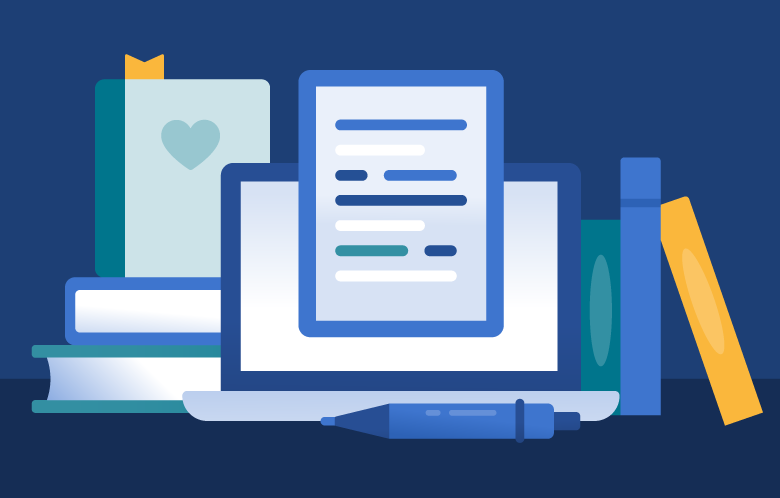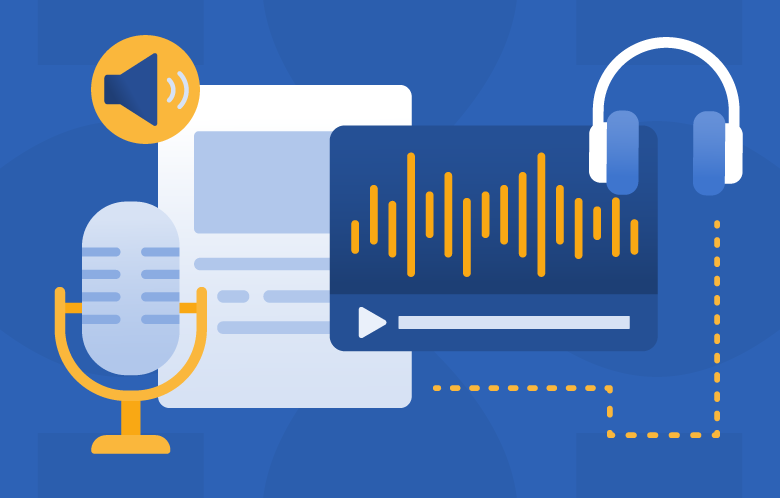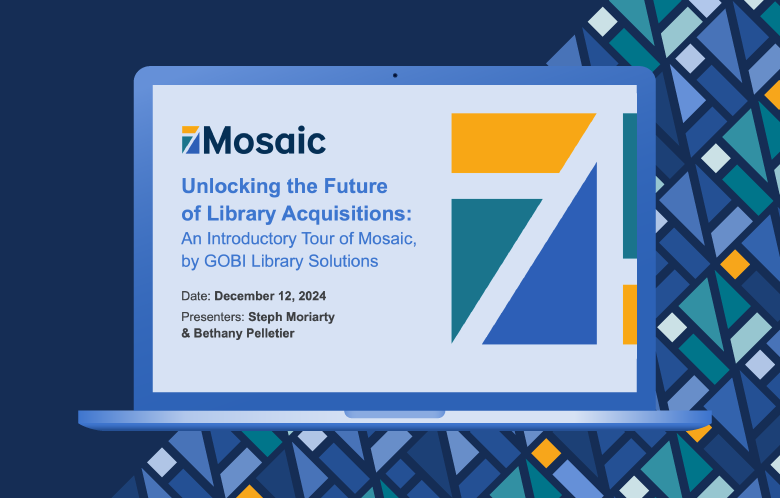Providing all users with equal access to information is a unique benefit of today’s digital learning environment. Ensuring all users, regardless of need or ability, can access information to gain knowledge and contribute to our collective understanding as a society is now viewed a fundamental human right. This stance is underscored by upcoming legislation in the European Union (the European Accessibility Act, or EAA) and United States (ADA Title II update), which set new standards for accessibility in products and services for people with disabilities. EBSCO is committed to meeting the requirements of these new standards and is excited about how this will increase our products’ usability for all users and drive even more positive impact of our products and services as a result.
Compliance and Accessibility
EBSCO already incorporates accessibility into our product and software development practices (as outlined in this other blog post) and these new laws will help drive even more positive value to users with accessibility needs. The EAA goes into effect on June 28, 2025, and the ADA Title II update on April 24, 2026, or April 26, 2027, depending on population size served. The EAA requires certain features for e-books, which are already available or coming soon to the EBSCO eBooks user experience, specifically:
- EPUB3 content preferably
- Text to speech functionality
- Customization of font size and spacing between letters, lines, and paragraphs
- Discoverability through accessibility metadata
- E-book files and digital rights management do not interfere with assistive technology
- Flexibility and choice in presentation of the content
EBSCO has been working with our publisher partners in the ecosystem for many years to provide EPUB content, which has helped prepare for these new requirements. Our full eBook catalog currently includes over 1.5 million eBooks in EPUB format. We are encouraged by the progress we have seen in overall understanding and knowledge about accessibility, and alignment that this is the right thing to do. As EPUB is the preferred format for accessible e-books, we have encouraged publishers to provide us with EPUB and PDF where available and have supported online reading and download for both formats for many years. We are therefore pleased to see a significant increase in EPUB availability for eBooks delivered by our publishers, up to 85% of current year eBooks having an EPUB format. We applaud our publisher partners for their tremendous strides and dedication getting to this point and are eager to see even more growth in this space in the coming months.
Partnership and Collaboration
Partnership and collaboration are crucial in the accessibility space. Several years ago we began validating all of our EPUB files using Ace by DAISY, a tremendously valuable tool developed by DAISY which helps us communicate objectively with publishers about the compliance of the EPUBs we receive, as well as generate information which we can present to users and customers on our platforms. We recently re-validated more than 1.5 million EPUB files against WCAG 2.2 AA standards using DAISY to ensure our compliance information is up to date, which will allow us to signpost individualized accessibility metadata for each eBook we sell and offer for end user access. We have worked with Deque, Benetech, DAISY, ASPIRE/TextBox, and BISG to understand approaches to accessibility metadata, testing, and certification, to work toward presenting consistent and useful information to users and librarians, which we’ve socialized with many libraries and accessibility advocates. These resources are meant to support libraries and users interested in acquiring or using our products:
- VPATs and ACRs speaking to product accessibility against WCAG 2.2 AA, EN 301 549 & Section 508
- Accessibility metadata from EPUB files (coming soon to product)
- Benetech Global Certified Accessible information (coming soon to product)
- Accessibility statements
Providing an accessible experience is a team effort, and we are so appreciative of the tremendous collaboration from our publisher, library, user, and industry partners to make our mutual goals a reality.
Michael Johnson, Vice President of Content at Benetech, shares this vision for collaboration paving the way to an accessible future. "Working together with EBSCO, Benetech hopes to have a system-change level of impact across the publishing community. The GCA program was designed from scratch to help publishers create fully Born Accessible content as part of their regular workflow. As EBSCO works hard to test and surface GCA metadata, the entire ecosystem benefits."



